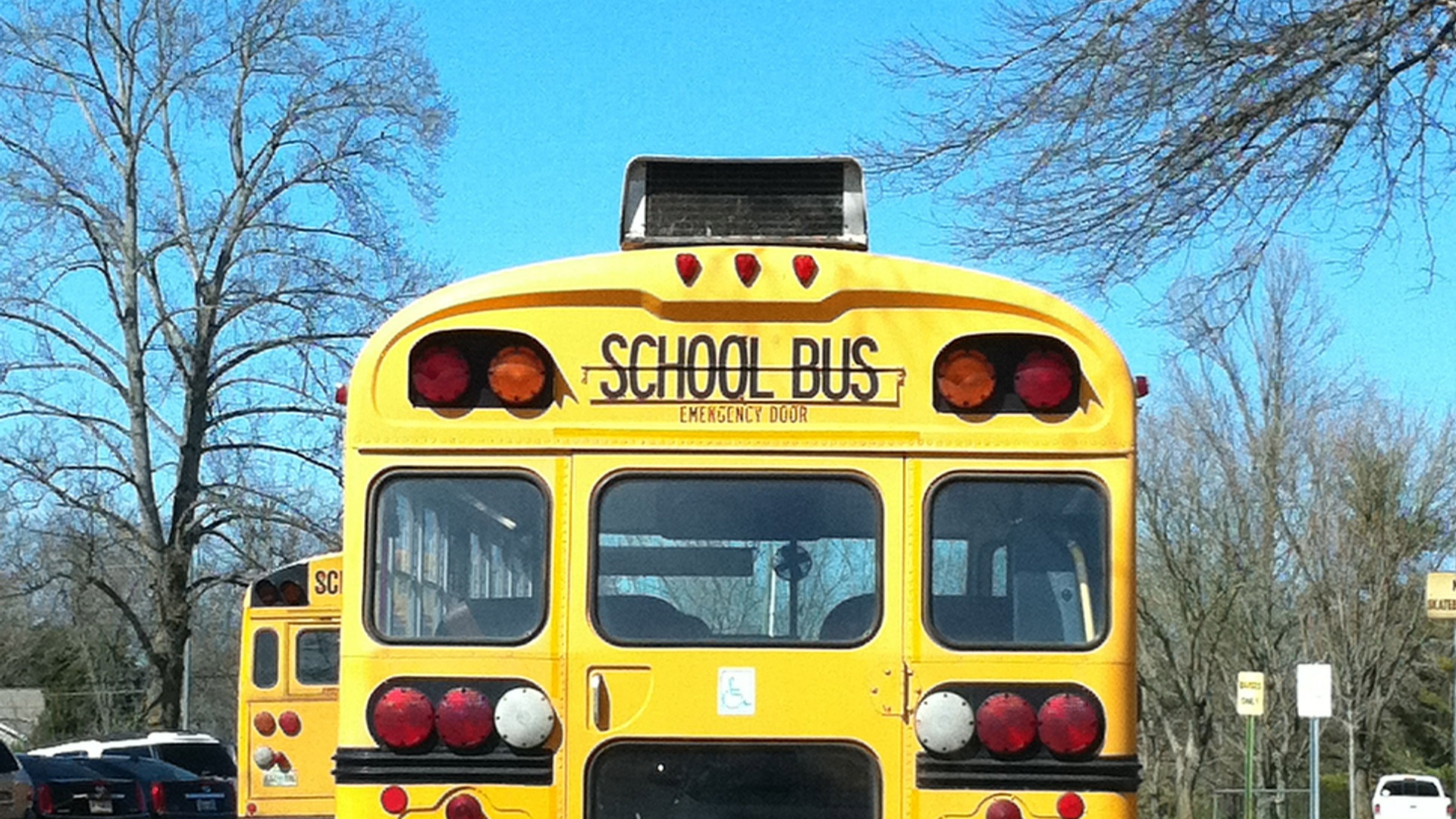Get On the Bus | Why Psychological Safety is Vital to Building Trust
TOUGH ROAD LOSS. FRUSTRATED COACH.
After the game, outside the team bus, he stands with the other coaches and “talks smack” about his players behind their backs. The players overhear.
And just like that, their psychological safety is gone.
Coaches can lose the confidence and trust of their players faster than a toupee in a hurricane. And once those crucial coach-player components go away, it’s like running against the wind to get them back.
Knowing how to avoid these pitfalls is so paramount for student-athletes, their coach and their school. Not only can it make or break a season, but lack of trust is also baggage student-athletes may carry with them far beyond high school.
Getting true stories means finding true understanding
That player’s experience – overhearing his coach belittle his players after a game – is an actual anecdote we received through Ecsell Sport’s Coaching Effect analysis that gives coaches insight into what their players are experiencing as a member of their team.
The fact is, student-athletes experience a coach’s style and process – “how the coach does things” – in their own way, and each student’s experience is unique. When a coach can see that experience through the student-athlete’s eyes, it gives that coach an advantage. Coaches with access to this knowledge can adjust their coaching methods, which ultimately contributes to the Psychological Safety of their players.
Psychological Safety = winning in life and on the field
The student-athlete and his teammates on that bus felt betrayed by their coach. Their trust was shattered, which created one of the biggest obstacles to team success: fear. Fear of making mistakes. Fear of asking questions. Fear of being screamed at on the sideline in front of the team and the fans.
So, if fear is a path to defeat, then being fearless is a path to victory. And that’s where a student-athlete’s Psychological Safety comes into play.
But what does that mean, “Psychological Safety”? For coaches and schools, it means creating an environment that allows student-athletes to be their own true self, without fearing negative consequences.
Psychological Safety means establishing trust, which leads to student-athletes feeling accepted and respected by their coaches. Having trust means student-athletes feel comfortable voicing opinions and asking questions free of judgment. Psychological Safety leads to players playing more freely.
In other words, playing fearlessly. It’s a principal trait of championship teams – one fostered by the coach. The fearless and free environment they create allows their players to excel in games and their lives.
How it works, and why we succeed
Coaches credit Ecsell Sports with providing actionable insights by assessing their strengths and opportunities for improvement, as well as gathering direct comments from the student-athletes they coach. We offer a view of the coach and the impact that coach has on their players. Is their approach to coaching effective in the eyes of the student-athletes? Do the students feel psychologically safe? What tools can Ecsell offer the coach to build better trust-based relationships and provide a psychologically safe team environment – one that challenges each student physically and mentally to create growth in their respective sport? These are questions we love to answer.
Psychological Safety offers insights into how effectively the coach has created a supportive and healthy student-athlete environment. Again, these environments encourage student-athletes to be themselves, without fear of negative consequences of self-image, status or opinions.
Reposted from Ecsell Sports’ blog. Read the full article here.
Check out the State of the Student-Athlete Report for more info below.
